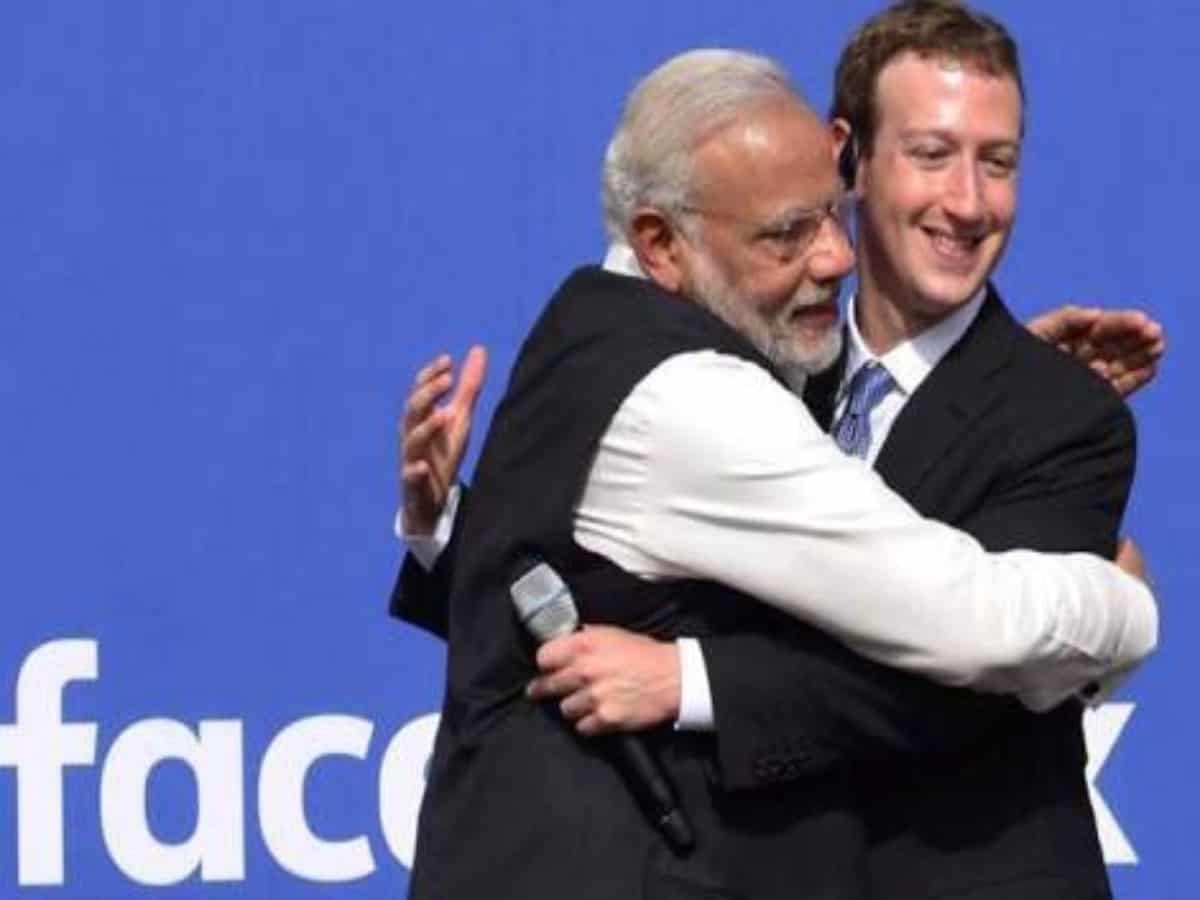
Adding credence to claims that Facebook has helped the ruling Bharatiya Janata Party’s (BJP) during elections, an investigation into political advertisements has found that the Mukesh Ambani owned Reliance group clandestinely funded an advertising platform that used Facebook ads to spread anti-Muslim propaganda, reported Al-Jazeera.
An advertising page by the name NewJ, according to the report, was buying up space on Facebook and Instagram, and often posting anti-muslim content which in turn benefit the ruling Bharatiya Janata Party (BJP). The research was undertaken by The Reporters’ Collective (TRC) along with Ad Watch, a research study analysing political ads on social media.
It analysed the data pertaining to 536,070 political advertisements put up on Facebook and Instagram between February 2019 and November 2020. The deep dive into the background also found that NewJ founder Shalabh Upadhyay has close links with Reliance and the BJP. His father Umesh Upadhyay is president and media director at Reliance Industries, as the head of Network-18 media group, which is owned by Reliance.
The aim of the study was to assess the impact of political ad campaigns and that of Facebook’s political advertising policies on the elections in India. The data was analysed through Facebook’s Ad Library Application Programing Interface, said the Al Jazeera report.
The social media platform allegedly gave unfair advantage to the saffron party, during the previous general elections and assembly elections in nine states in 2019.
In the 2019 Lok Sabha polls, the Bhartiya Janata Party (BJP )fielded Pragya Thakur, an accused in the Malegaon terror case. As soon as the BJP announced Pragya Singh Thakur’s candidature, a false advertisement on Facebook said that the BJP leader was acquitted of charges of lending her vehicle for carrying out a blast in the Malegaon town of Maharashtra which killed six persons.
The advertisement garnered over 3,00,000 views in a single day and Thakur, who is still under trial, was elected to the Lok Sabha. A month before the polling began on April 11, another advertisement showed opposition member and former Congress chief Rahul Gandhi accusing the ruling party of going “soft on terrorism.”
Although the advertising platform did not reflect any formal connection with the BJP, the research found that a large number of investments made by Reliance were directed towards advertising. Publication of advertisements that show covert support to a candidate or a party without any direct funding from them, is a criminal offence under Indian law.
However, the ECI does not extend this ban to digital platforms, such as Facebook, despite being aware of the loophole for years, as a Right to Information (RTI) application by TRC shows.



